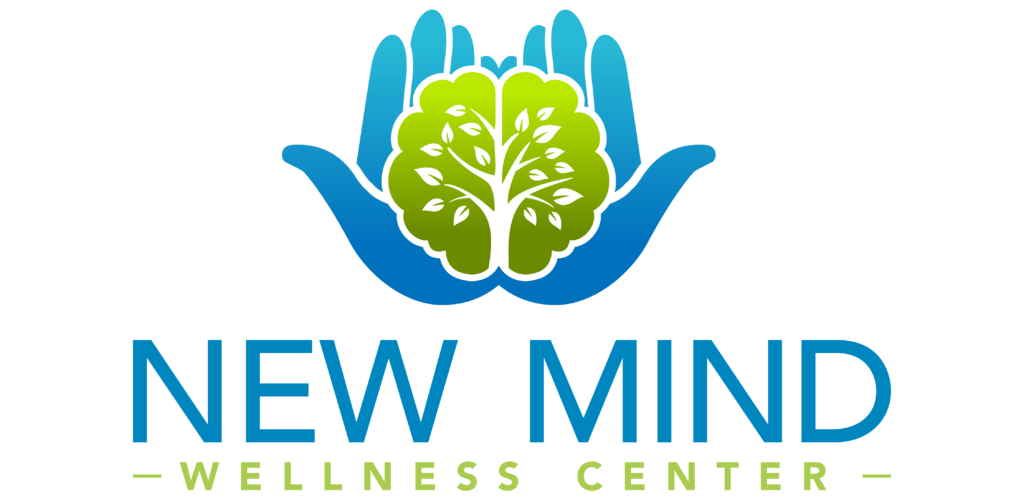Home » Mental Health Treatment in Philadelphia » Personality Disorders » Borderline Personality Disorder Treatment
Borderline Personality Disorder Treatment in Philadelphia

Home » Mental Health Treatment in Philadelphia » Personality Disorders » Borderline Personality Disorder Treatment
Borderline Personality Disorder Treatment in Philadelphia
Our borderline personality disorder treatment in Philadelphia will give you the coping skills you need to manage your symptoms.
Call us today or visit our admissions page to get started.


Medically reviewed by Kelsi Lefever, Psychiatric Nurse Practitioner
March 12, 2025
Table of Contents
Begin Mental Health Treatment in Philadelphia Today
Borderline Personality Disorder (BPD) is a multifaceted mental health condition characterized by pervasive instability in moods, behavior, self-image, and functioning. Individuals with BPD often experience intense episodes of anger, depression, and anxiety that can last from a few hours to several days. These episodes can lead to impulsive actions and unstable relationships, significantly impacting daily life and overall well-being.
At New Mind Wellness, our effective mental health treatment programs can help manage these symptoms and improve the quality of life for those affected. If you or a loved one are struggling, call us now at 610-772-8120 or verify your insurance now.
Contact us today to learn more about mental health treatment in Philadelphia.
What is Borderline Personality Disorder (BPD)?
Borderline Personality Disorder is a Cluster B type personality disorder marked by patterns of mood swings, varying self-image, and behavior. Often, Borderline Personality Disorder is marked by impulsive actions and problems in relationships.
Those with BPD may experience intense episodes of anger, depression, and anxiety that can last from a few hours to days. The disorder’s name originates from the early understanding that it was on the “borderline” of other mental health disorders. Today, BPD is better understood, and it is recognized as a serious mental health condition that requires a specific treatment approach.
How Do I Know I Need Borderline Personality Disorder Treatment?
Diagnosing Borderline Personality Disorder
Diagnosing BPD involves a comprehensive evaluation by a mental health professional, typically a psychiatrist or psychologist. This evaluation includes a detailed interview to assess symptoms, medical history, and family history. Self-reporting questionnaires and diagnostic tools such as the Diagnostic and Statistical Manual of Mental Disorders (DSM-5) criteria are also utilized to confirm the diagnosis. It is important to rule out other mental health conditions that may present with similar symptoms, such as bipolar disorder or depression.
Common Signs and Symptoms of Borderline Personality Disorder
BPD manifests in a variety of symptoms, which can vary widely among individuals. Common signs and symptoms include:
- Fear of Abandonment: Individuals with BPD often have an intense fear of being abandoned or left alone. This fear can lead to frantic efforts to avoid real or imagined abandonment.
- Unstable Relationships: Relationships with family, friends, and loved ones can be intense and short-lived. Individuals with BPD may idolize someone one moment and then suddenly believe the person does not care enough or is cruel.
- Unclear or Shifting Self-Image: A distorted or unstable self-image or sense of self can lead to sudden changes in opinions, values, and plans. Individuals may feel as though they are unsure of who they are.
- Impulsive Behaviors: Engaging in harmful, impulsive behaviors, such as excessive spending, unsafe sex, substance abuse, reckless driving, or binge eating, is common.
- Self-Harm or Suicidal Behavior: Individuals with BPD may engage in self-harming behaviors or have recurring suicidal thoughts or behaviors.
- Intense and Fluctuating Emotions: Rapid mood swings, with each episode lasting from a few hours to a few days, are common.
- Chronic Feelings of Emptiness: Many individuals with BPD report chronic feelings of emptiness or boredom.
- Intense and Inappropriate Anger: Anger that is intense and inappropriate to the situation, often followed by feelings of shame and guilt.
- Stress-Related Paranoia or Dissociation: During times of stress, individuals may experience paranoia or feel disconnected from reality.
Begin Borderline Personality Disorder Treatment Today
New Mind Wellness is a leader in the provision of mental health treatment in Pennsylvania. If you or a loved one are struggling with mental illness, reach out to us today or verify your insurance now.
Our Borderline Personality Disorder Treatment Program in Philadelphia
At New Mind Wellness, our treatment program for Borderline Personality Disorder in Philadelphia includes various levels of care to meet the needs of individuals at different stages of their recovery journey. Each program offers a structured environment with comprehensive care provided by a team of experienced professionals. We offer three flexible levels of care aimed to meet the individual where they’re at, including:

How is BPD Treated?
Treatment for Borderline Personality Disorder is multifaceted and tailored to each individual’s needs. It often involves a combination of therapies and treatments to address the diverse symptoms and challenges associated with BPD.
Psychiatry
Psychiatric treatment for BPD often involves medication management to help stabilize mood swings, reduce impulsivity, and address co-occurring mental health conditions such as depression or anxiety. Medications such as mood stabilizers, antidepressants, and antipsychotic medications may be prescribed as part of a comprehensive treatment plan.
Group Therapy
Group therapy provides a supportive environment where individuals with BPD can share experiences, learn from others, and practice interpersonal skills. This therapy fosters a sense of community and helps reduce feelings of isolation. Group therapy sessions often focus on skills training, emotional regulation, and improving relationships.
EMDR Therapy
Eye Movement Desensitization and Reprocessing (EMDR) therapy is effective for individuals with BPD who have experienced trauma. EMDR helps reprocess traumatic memories, reducing their emotional impact and aiding in recovery. This therapy involves guided eye movements that help the brain process and integrate traumatic memories.
Genetic Testing
Genetic testing can provide insights into an individual’s genetic predispositions and inform personalized treatment plans. This approach can enhance the effectiveness of treatment by tailoring it to the patient’s unique genetic makeup. Understanding genetic factors can help in selecting the most appropriate medications and therapeutic interventions.
Holistic Therapy
Holistic rehabilitation incorporates a variety of complementary therapies to address the physical, emotional, and spiritual aspects of recovery. This comprehensive approach promotes overall well-being. Therapies such as mindfulness, yoga, nutritional counseling, and acupuncture are integrated into the treatment plan to support mental and physical health.
Red Light Therapy
Red light therapy is a non-invasive treatment that can help improve mood, reduce inflammation, and enhance overall mental health. It is a complementary treatment option that can support traditional therapies. Red light therapy involves exposing the skin to low levels of red or near-infrared light, which has been shown to have various health benefits.
Family Therapy
Family therapy plays a crucial role in treating BPD, as it helps improve communication and understanding within the family unit. It teaches family members how to support their loved one and manage the emotional challenges that often accompany BPD. By working together in therapy, families can reduce conflict, foster empathy, and create a more supportive home environment, which is essential for the individual’s recovery.

